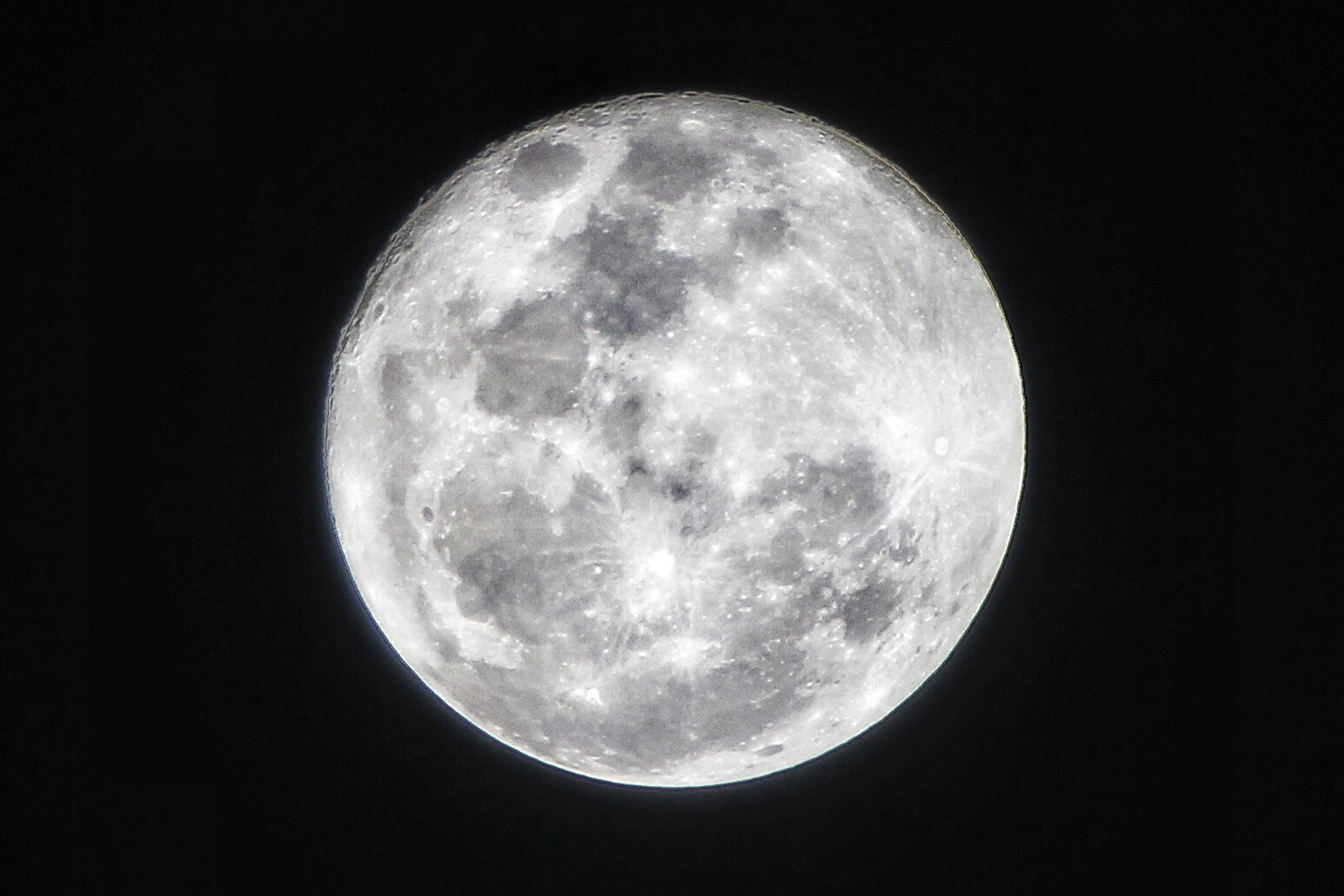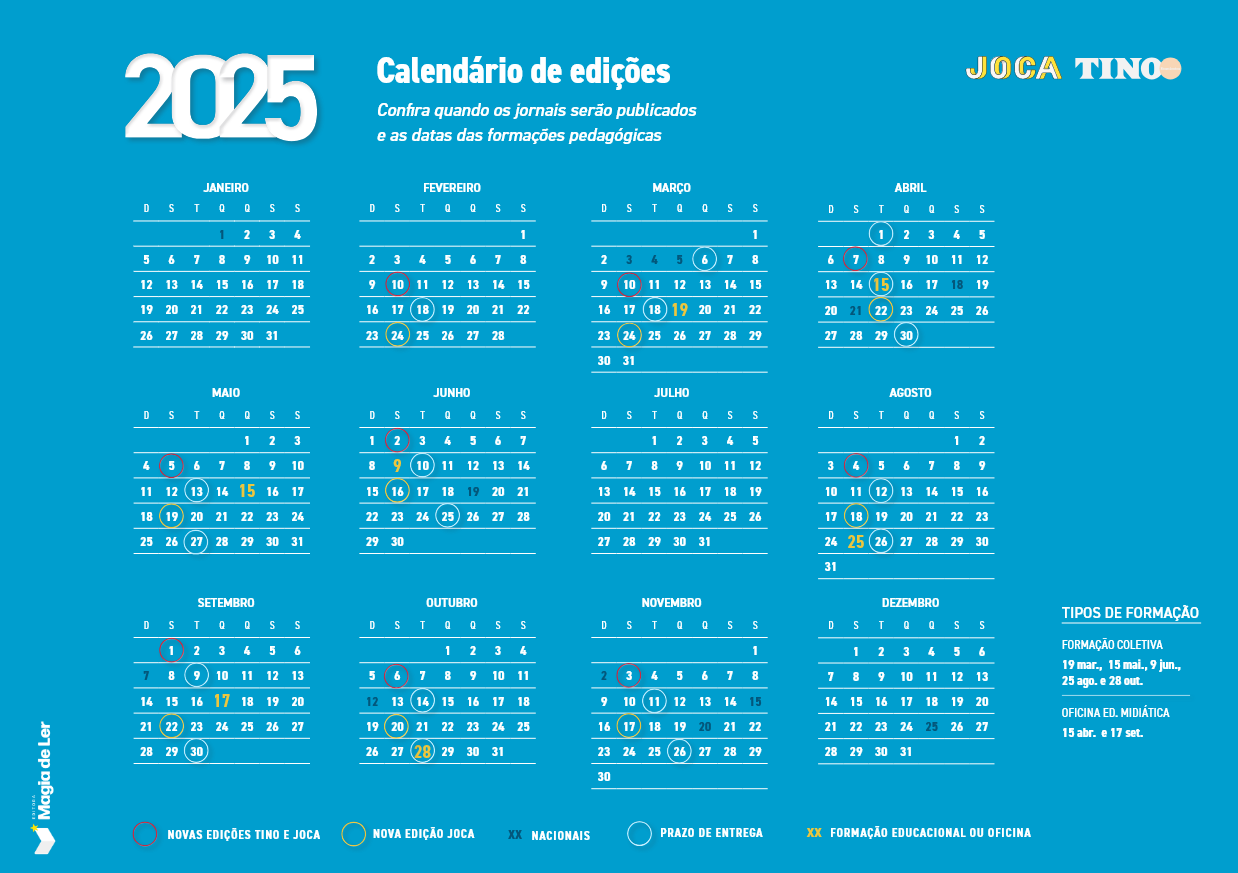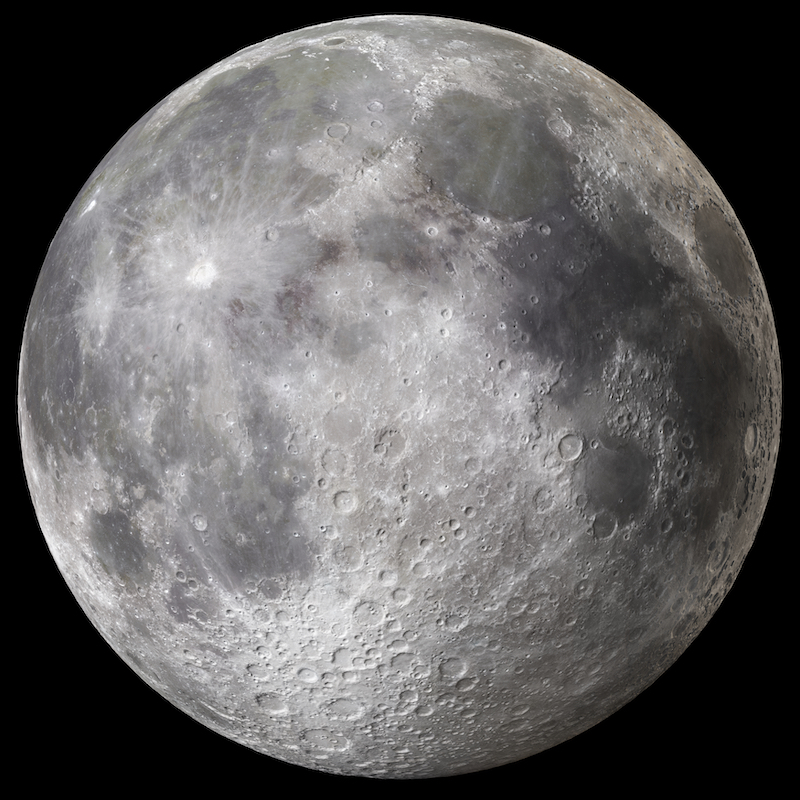In English
4 de junho de 2019
The Moon Is Shrinking, Says NASA – Level 3
According to NASA, the Earth’s satellite is getting smaller.

The Moon, Earth’s natural satellite, is shrinking, according to a study carried out by the North American Space Agency (NASA) published on May 13th. Specialists believe it has become 50 metres narrower in diametre in the last hundred million years and that the shrinking process continues.
The explanation for this is inside the satellite. As the internal part cools, the Moon shrinks. This makes the crust crack and form faults, with one part of the crust on top of the other. As the faults are active, they can generate the so-called moonquakes. “Some of these quakes can be fairly strong, around five on the Richter scale”, explains Thomas Watters, a scientist at the Smithsonian National Air and Space Museum in Washington, D.C. in the United States.
To carry out the research, scientists analysed data from four devices that had already been used on the Moon to detect information about quakes. The data was then used in a program that was able to identify in which satellite locations these tremors had taken place. That is how it was discovered that eight of the 28 quakes detected occurred relatively close to the faults, which makes it possible to assert that there is a relationship between the faults and the quakes.
“The findings also emphasize the fact that we have to go back to the Moon. We learned a lot from the Apollo missions [whose goal it was to explore the satellite between 1961 and 1972], but they only scratched the surface,” said one of the authors of the study, Nicholas Schmerr, from University of Maryland in the United States.
What is the Richter scale?
It measures quake intensity and ranges from zero to infinity. The higher the number, the stronger is the quake. On Earth, quakes that score above 4 on can already cause damage.
Sources: BBC and NASA

Questions
1) How long has the Moon been shrinking?
a) The process started now.
b) No one knows.
c) Since 1961
d) For hundreds of millions of years
2) What kind of research would you want to do in space? Why?
Ixi! Você bateu no paywall!
Ainda não é assinante? Assine agora e tenha acesso ilimitado ao conteúdo do Joca.














Você precisa fazer o login para publicar um comentário.